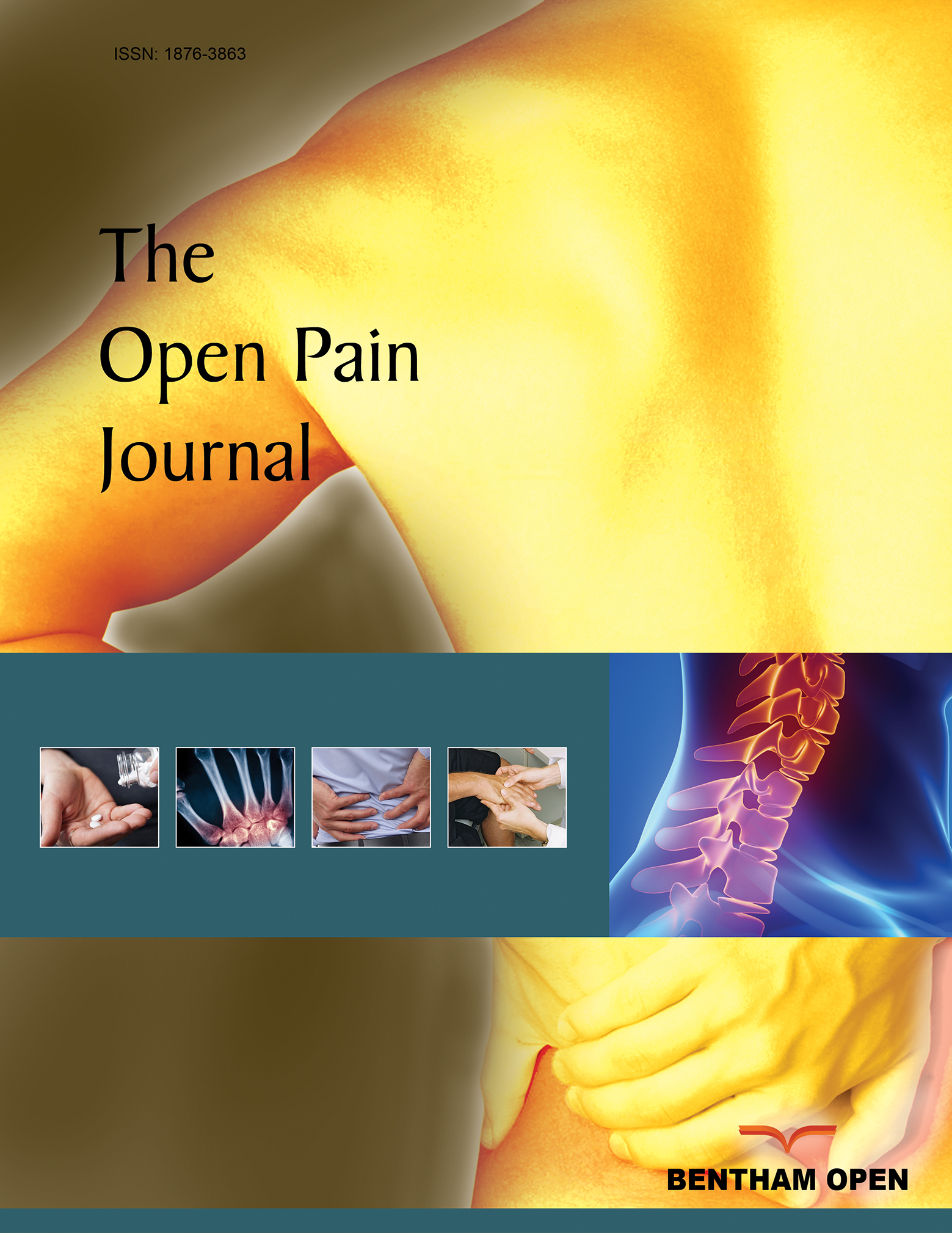All published articles of this journal are available on ScienceDirect.
Occupational Stress Levels and Coping Strategies among Nurses Working in an Urban Metropolis in North Central Nigeria
Abstract
Background:
Stress is an important psychological concept that can affect health, well-being, and job performance in negative dimensions.
Objective:
This study investigates stress levels and coping strategies among nurses in selected hospitals in North Central Nigeria.
Methods:
The study employed a multistage sample technique method. The study design was descriptive and cross-sectional, using a quantitative strategy. Data analysis was carried out using descriptive and inferential study statistics.
Results:
Finding shows that the minimum age of the participants was 21–30 years, 87% were female, while 41.1% had 1-5 years of working experience. The study revealed that the highest signs and symptoms of stress experienced by the participants included aches and pain (57.5%) and anxiousness (52.5%). The participants experienced moderate stress. The findings revealed that years of experience (r= 0.631, p= 0.000) were observed to be significantly associated with signs and symptoms of stress. The results showed that age (r= -0.243, p= 0.045), religion (r= 0.165, p= 0.032), and experience of memory problems (r= 0.227, p= 0.003) were observed to show significant association with coping strategies.
Conclusion:
Hence, a conducive work environment should be maintained to promote effective nursing care, while periodic stress assessments and management should be implemented by hospital administrators to aid positive coping strategies among nurses.


